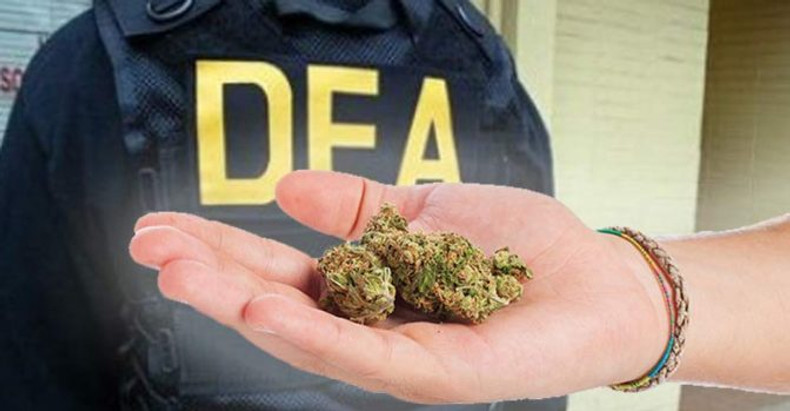On October 9, 2001, the Drug Enforcement Administration (DEA) posted an interpretive rule on its website declaring that all hempseed products containing any traces of THC would be considered seizable contraband, effectively criminalizing all hempseed products in the US.[9] After a period of public comment, the DEA filed the final proposed rule in the federal register on March 21, 2003. One week later, the HIA joined with the Organic Consumers Association and several companies which used hempseed in one or more products to file suit against the DEA rule going into effect.[10]
On February 6, 2004, the Ninth Circuit Court of Appeals ruled unanimously for the HIA, opining that the DEA did not have the authority under the federal Controlled Substances Act to ban an otherwise legal product because it might have traces of THC.[11] On September 28, 2004, the Supreme Court of the United States declined to hear the appeal, allowing the Ninth Circuit decision to stand.[12] The settlement between HIA and DEA was finally reached on May 25, 2018, in the Ninth Circuit Court of Appeals.[13]

